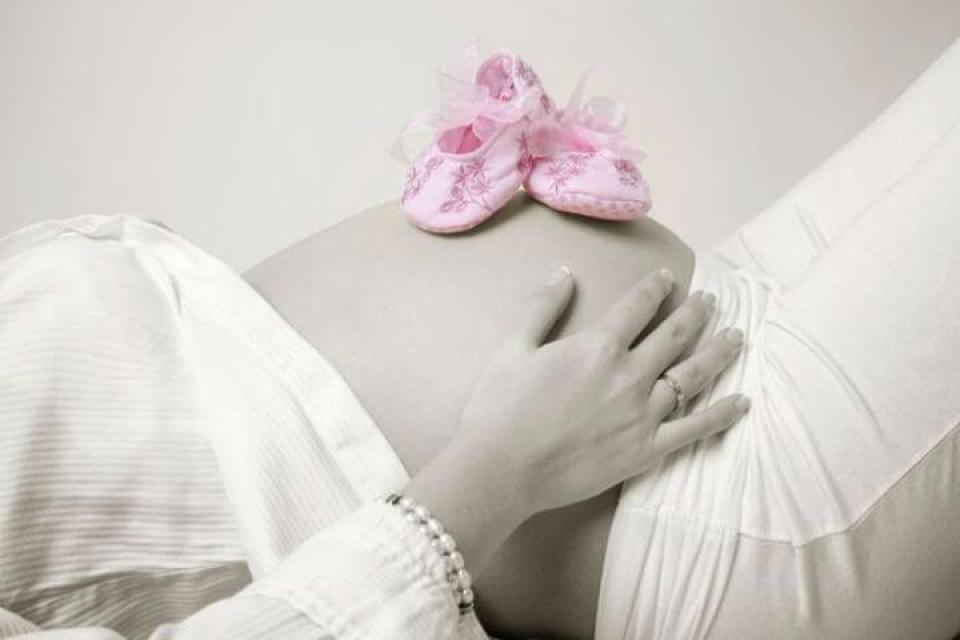In our continuing series highlighting health, wellness and medical services in Singapore, we welcome Dr. Shaun A Thompson of Expat Dental to discuss Oral Care for Expectant Moms.
Pregnancy is an exciting time for parents and good medical care is vital to the overall health of moms and their babies. While expectant mothers frequently visit their physician, they often overlook their oral health. Dental problems are best prevented with regular checkups and cleanings along with good oral hygiene, yet the unique changes occurring in a pregnant woman’s body can still lead to problems with her teeth and gums.
Hormones
Hormonal changes during various stages of pregnancy can impact the teeth and gums of expectant moms. In the first trimester, regular vomiting due to morning sickness can cause an increase in oral acid content and make teeth more susceptible to decay and enamel damage. Often, brushing posterior teeth can induce a gag reflex during this stage and lead to the avoidance of thorough cleaning. Using plain water to rinse, a smaller brush head (found on many electric toothbrushes) and brushing with a soft brush can reduce the risk of enamel erosion while ensuring adequate plaque removal.
Later in the pregnancy, around the second or third trimester, gingivitis or gum inflammation can occur. Gingivitis can cause redness, infection and pain in the affected areas. In severe cases, gingivitis can progress to periodontal disease, leading to the attachment loss of tooth support fibres. Left untreated, periodontal disease may result in tooth loss. Severe cases of maternal periodontal disease have also been linked with preterm birth.
Diet
Maintaining a healthy diet throughout pregnancy is vital for cavity prevention. Eating foods rich in Vitamin D has been linked to a reduction in cavity risk among pregnant women. Most importantly however, it is essential to avoid artificial and refined sugars in foods and beverages. Sugar acts as a food source for Streptococcus mutans, the bacteria that cause tooth decay. Replace sugary beverages with unsweetened teas and water and eat naturally sweet foods like fresh fruit instead of those containing refined carbohydrates.
Stress
While pregnancy is exciting, it can also be a stressful time. Women dealing with stress may not realise they are clenching and grinding their teeth while asleep. This sleep disorder, called ‘bruxism’, can lead to pain as well as worn, cracked teeth, headaches and earache. Try mindfulness, relaxation techniques and avoid caffeine before bedtime to reduce bruxism. Retainers and other appliances may also be used to reduce clenching and grinding of the jaw. Ask your dentist for advice on bruxism if you think it might be a problem.
Dental Procedures During Pregnancy
Sometimes accidents or emergencies happen and you may need a major dental procedure whilst pregnant. It is generally safe to do most dental work during pregnancy, especially if the problem is causing infection or pain. The best time to get a dental procedure is during the second trimester, but emergencies can be handled safely at any time during pregnancy. Elective or cosmetic dentistry is best avoided until after delivery. Always ask your dentist about the risks and benefits of your individual treatment.
Maintaining good oral health before you are pregnant is the best preventive measure you can take to avoid problems during pregnancy. Coming to the dentist for regular checkups and taking care of small dental problems before they get bigger is the key to a healthy mouth before, during and after pregnancy.
Presented in partnership with Expat Dental













